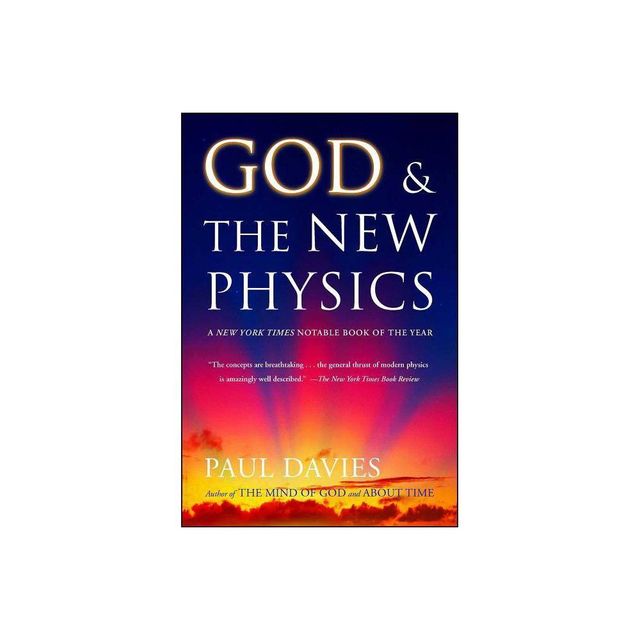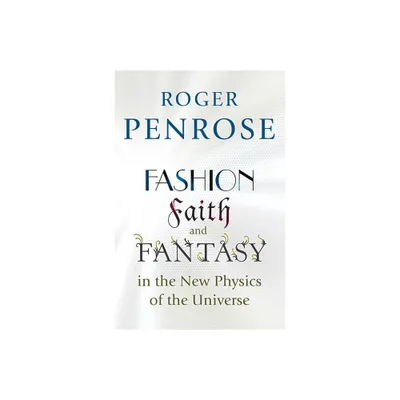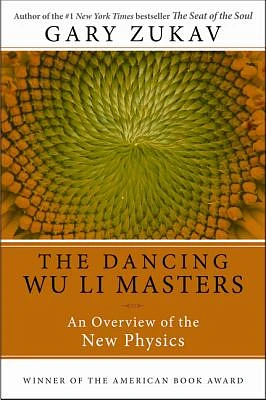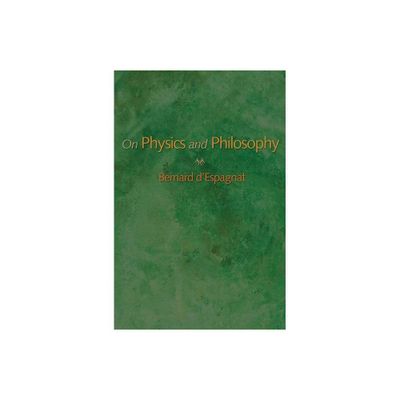Home
Philosophy and the New Physics
Loading Inventory...
Barnes and Noble
Philosophy and the New Physics
Current price: $120.00


Barnes and Noble
Philosophy and the New Physics
Current price: $120.00
Loading Inventory...
Size: Hardcover
*Product Information may vary - to confirm product availability, pricing, and additional information please contact Barnes and Noble
First Published in 1982
Philosophy and the New Physics
is a compact and yet remarkably rich excursion through the history of physics from Newtonian mechanics to quantum physics. The theory of relativity, quantum mechanics and ideas about the ‘fundamental constituents’ of matter have attracted a great deal of philosophical comment. Indeed, the originators of some of these theories thought they were solving philosophical problems as well as scientific ones. Classical physics is often portrayed as epitomizing ‘mechanistic materialism’, and the revolution in modern physics is variously claimed to vindicate ‘logical positivism’, ‘operationalism’, ‘organicism’, ‘dialectical materialism’ and ‘Buddhist metaphysics’. In this book Jonathan Powers criticizes all of these claims and argues that such varied and conflicting interpretations are possible because of ineradicable elements of conventionality in scientific theories. This is a must read for scholars and researchers of philosophy of science and philosophy in general.
Philosophy and the New Physics
is a compact and yet remarkably rich excursion through the history of physics from Newtonian mechanics to quantum physics. The theory of relativity, quantum mechanics and ideas about the ‘fundamental constituents’ of matter have attracted a great deal of philosophical comment. Indeed, the originators of some of these theories thought they were solving philosophical problems as well as scientific ones. Classical physics is often portrayed as epitomizing ‘mechanistic materialism’, and the revolution in modern physics is variously claimed to vindicate ‘logical positivism’, ‘operationalism’, ‘organicism’, ‘dialectical materialism’ and ‘Buddhist metaphysics’. In this book Jonathan Powers criticizes all of these claims and argues that such varied and conflicting interpretations are possible because of ineradicable elements of conventionality in scientific theories. This is a must read for scholars and researchers of philosophy of science and philosophy in general.


















